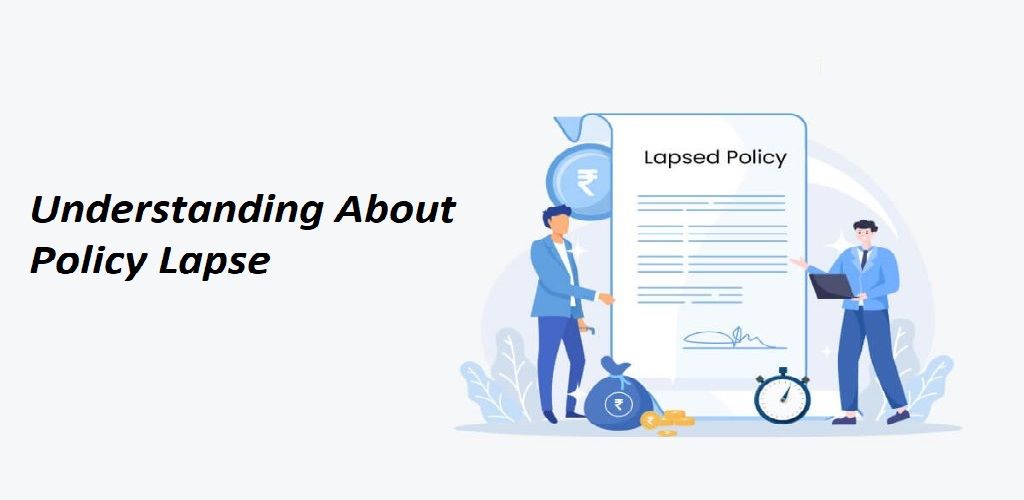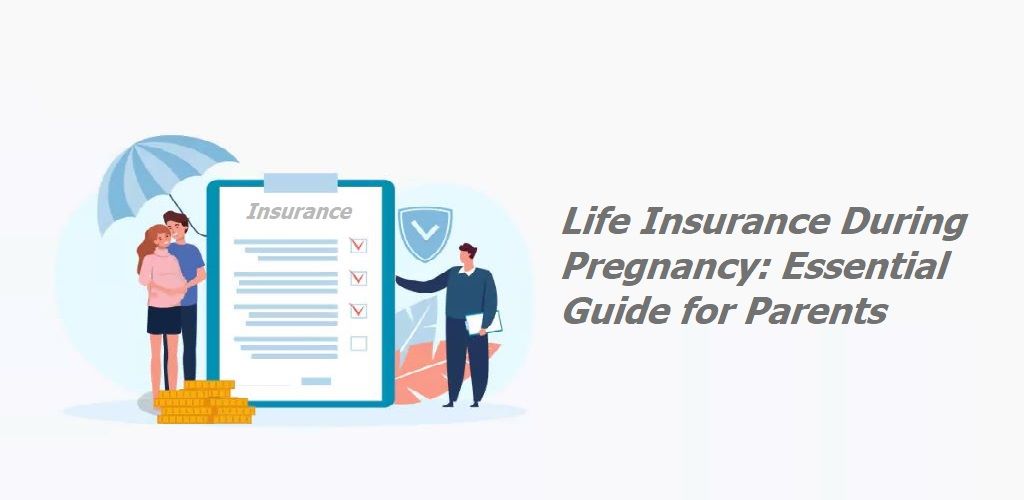If you want to protect yourself and your loved ones, you cannot overlook the importance of an insurance policy for financial emergencies. However, it’s not enough to have a policy; you must pay regular premiums to ensure that your coverage remains active. If you stop paying these premiums, your policy will lapse, which means you will lose your insurance coverage.
To put it simply, a lapsed policy is a kind of policy that becomes inactive or void because the policyholder didn’t pay the required premiums. Insurance policies are agreements that offer financial protection and peace of mind to policyholders, but to keep this protection in place, regular premium payments are essential. If a policyholder misses these payments, the insurance company may consider the policy “lapsed” which means that the coverage is no longer valid and the policyholder loses the benefits of the insurance.
In this post, we’ll discuss everything you need to know about “Policy Lapse”!
What Happens to Lapsed Policies?
If your insurance policy lapses, it gets cancelled and you ultimately lose all coverage. It means that you won’t be make claims under the respective policy. In some cases, you might be able to reinstate the policy by paying back all the missed premiums but this often comes with drawbacks. One of the major disadvantages is that it may reduce your coverage and you might have to pay a higher premium than before.
Remember that a lapsed policy generally means;
- The policy has not yet acquired a surrender value.
- You’ve failed to pay the due premium within the grace period for the last two consecutive policy years.
Can You Revive a Lapsed Policy?
Yes, it is possible to revive a lapsed policy, although the process and conditions may vary depending on the insurance company. In some cases, the insurer may ask you to provide proof of insurability, which could include medical examinations or other kind of documentation.
Furthermore, most insurance companies even offer a grace period during which you can pay the overdue premiums and revive your policy.
Remember that reviving a lapsed policy comes with certain costs. The insurer may impose a penalty on the missed premiums before reinstating your coverage. Once you have paid both the overdue premium and any penalties, your policy will be revived, allowing you to enjoy the standard benefits that it provides.
How to Revive a Lapsed Life Insurance Policy?
Let’s take a look at the ways to revive a lapsed life insurance plan.
- If you want to revive your policy within six months of it lapsing, you must simply contact your insurer and pay the overdue premiums along with any interest.
- If the policy has been lapsed for more than six months, you will not need to pay the overdue premiums, interest, and a penalty which may vary by the policy. The insurer will then decide whether or not to reinstate the policy.
Here are some additional points to keep in mind while reinstating or restoring a policy.
Reinstatement Form:
You will need to complete a reinstatement application similar to the one you completed when you first applied for the policy.
Medical Check-Up:
Depending on your insurer, a medical exam may be required. However, if you submit the reinstatement application within 90 days after the grace period, a medical check-up is often not needed.
Current Health Status:
Insurers typically ask about your current health to determine whether there have been any changes since you initially applied for the policy.
How To Avoid Policy Lapse?
Here are the tips to avoid policy lapse. Let’s take a look at them.
Automated Payments:
One of the best ways to avoid policy lapse is to set up automatic payments from your bank accounts to your insurance provider. This is an incredible way to avoid missing any payment due to forgetfulness or any other reason.
Payment Reminders:
Another major way to avoid policy lapse is to use your phone or calendar to set reminders for premium payments. This will help ensure you pay before the due date.
Annual Payments:
Another effective way to avoid policy lapse is that you should choose to pay premiums annually instead of monthly or quarterly to reduce the chances of missing the payments.
Frequently Asked Questions
Listed below are the frequently asked questions related to the policy lapse.
If you miss the premium payment due date, you will have a grace period of 15 to 30 days. The period prevents your policy from lapsing immediately.
No, there are no extra costs if you pay the premium within the grace period. If possible, try to stick to the practice to avoid policy lapse.
Yes, your policy is still active during the grace period, so you can make a claim and use the benefits as usual if something happens.
No, if the policy has lapsed, the beneficiary will not receive any financial compensation. The insurance company cannot provide support if the policyholder dies while the policy is lapsed.
Yes, you can choose from various premium payment plans such as one-time, limited pay, or regular pay options. You will need to select a plan with fewer payments that can help reduce the risk of your policy lapsing.







